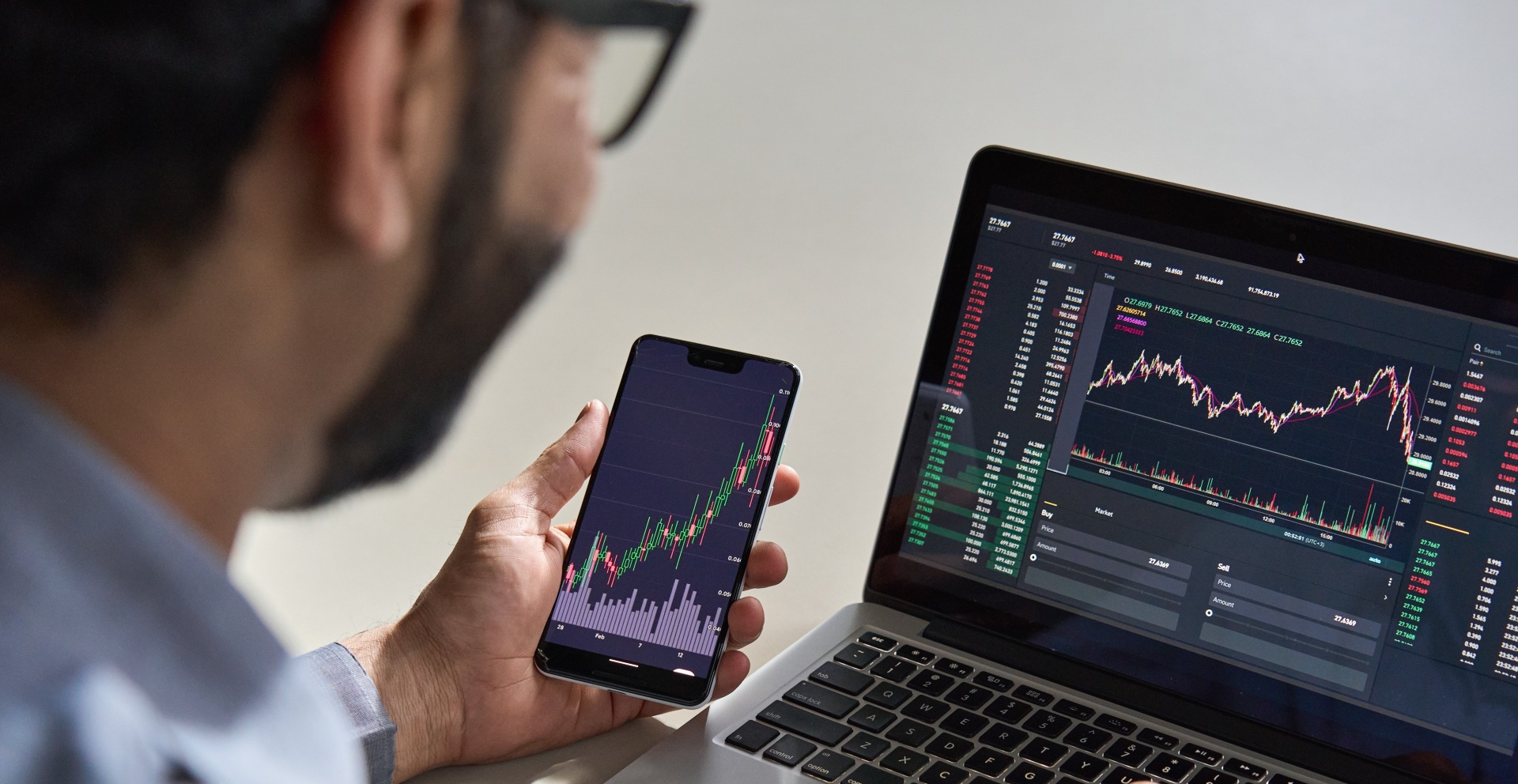How does impact investing work?
Any serious investor who hasn’t yet looked at impact investing really should take some time to explore it.
It’s an increasingly important and popular form of investment – and for good reason.
Last year UBS declared it was "committing at least US$5bn" of its clients’ money to impact investing over the next five years. The Global Impact Investing Network (GIIN) estimates that impact investing is already a US$114bn sector, with 40% of funds originating in the US and 58% from the for-profit asset management world. JPMorgan thinks this could hit US$1trn by 2020.
For example, leading investment bank Goldman Sachs has pioneered the creation of 'social impact bonds' – a financial instrument that leverages private investment to support high-impact social programs.
It worked with the City of Chicago to launch a social impact bond to fund pre-nursery education for 2,620 Chicago school children for four years. The US$16.9m social impact bond supported the expansion of the Child-Parent Center model, which serves low-income families living in communities with a shortage of publicly funded, high-quality pre-nursery education.
Research has shown that access to quality, early educational programs directly impacts the success of students in elementary school and beyond. The Child-Parent Center model aims to increase nursery readiness, improve literacy and reduce the need for special education services. The bond is structured to ensure its lenders are only repaid if students achieve positive academic results.
This was Goldman Sachs’ fourth social impact bond, and the second to directly address early childhood education.
The GS Social Impact Fund was launched by the Urban Investment Group, which has invested more than US$5bn of Goldman Sachs’ capital in impact investing opportunities since 2001.
Defining impact investing
Essentially, impact investments are projects or enterprises which will have far-reaching and positive social impacts. This could be the generation of renewable energy, or devising ways of providing clean water in poorer countries, or in researching and developing drugs to fight disease, or in providing new ways for young people to gain access to education.
But the definition shouldn’t be too narrow. It’s increasingly realised that impact investments don’t have to be limited to those areas of activity where the social benefit is obvious and direct. Socially responsible investing can also be in activities which might not have any philanthropic associations, but where the long term beneficial social impact can still be enormous. These might include businesses which provide employment and skills, such as a businesses building much needed homes, or it could be a company which aims to bring radical change to a traditional industry for the general benefit of the economy and the consumer, such as one of the new challenger banks.
To showcase the variety, looking back to the Goldman Sachs example, when it comes to impact investing they state they invest in:
- Neighbourhood building, supporting the development of mixed-use projects to provide quality and affordable housing, healthcare facilities, schools, community space, and retail
- Job creation and social enterprise, providing capital to for- and non-profit businesses and intermediaries that catalyse job creation and economic growth, and bring critical services to disadvantaged communities
- Social innovation financing to support the delivery of social, financial, and educational services for low and moderate income communities through innovative funding models, including social impact bonds
Making your investments do genuine good
The rise of impact investing has been driven by investors – particularly the millennials - wanting their money to do some social good. But it’s also grown in popularity and importance because it has been demonstrated that impact investments give a return which equals – or even exceeds – the returns from other investments.
A report by GIIN has concluded "Impact investors seeking market rate returns can achieve them. Across various strategies and asset classes, top quartile funds seeking market-rate returns perform at similar levels to peers in conventional markets. In many cases, median performance is also quite similar."
"As in conventional markets, however, performance varies from one fund to the next, thus indicating that fund manager selection is key to achieving strong returns. Generally, the range of fund returns in impact investing mirrors that in conventional investing."
At first sight, this is surprising. Surely a business which has a laser-like focus on the bottom line and on profit alone is more likely to give a better return than one which is distracted by a need to make a positive social impact? Right?
Wrong. In fact there are a number of straightforward reasons why businesses which make an impact also give decent returns. For instance:
- These organisations are led by people who are in it for the long term and so plan to build businesses which are stable and sustainable
- By the nature of making an impact they are addressing a proven market need and usually one which other providers are failing to serve
- They exist to improve lives and increase social good and, in doing this, they create satisfied customers. This means they tend to build a strong and positive brand image, with investors, employees and customers becoming enthusiastic brand ambassadors.
- They can attract talented individuals who might not be interested in working for employers whose only concern is the bottom line
However, it’s often believed that the best opportunities which give the greatest returns on investment are usually only available to the specialist, the insider or the members of some select network. By the time these investments become more widely available, the earlier and most impressive gains have already been made.
So how can you get in on impact investing now?
Starting your impact investing journey
You may feel well within your comfort zone researching a traditional business. You run the rule over all the usual indicators and metrics: the financials, the business plan, the management team, the market and so on.
But when it comes to impact investing there’s a whole new range of factors to weigh up, such as:
- Is the business addressing a real social need?
- What is that social need?
- Is it something that interests or motivates you?
- Is this a need that can be usefully addressed commercially?
- Is the business genuinely committed to having a positive impact or is it only paying lip service for the sake of its image?
This can present a problem for investors who are more accustomed to poring over the hard figures contained in balance sheets, P&Ls and cash flow forecasts but who have no skills or experience in researching other areas.
But it’s needed. At least it is if you want to do as much as you physically can to ensure your impact driven investments not only aim for a genuinely achievable financial return, but which are on the perfect path to make a real impact.
Impact investing works. The proof is there and the opportunities exist plentifully. Being an impact investor isn’t something restricted to the few, be that because of financial restrictions or lack of options - today, we really can all set out to make a difference.
%20(3)%20(2).jpg)








